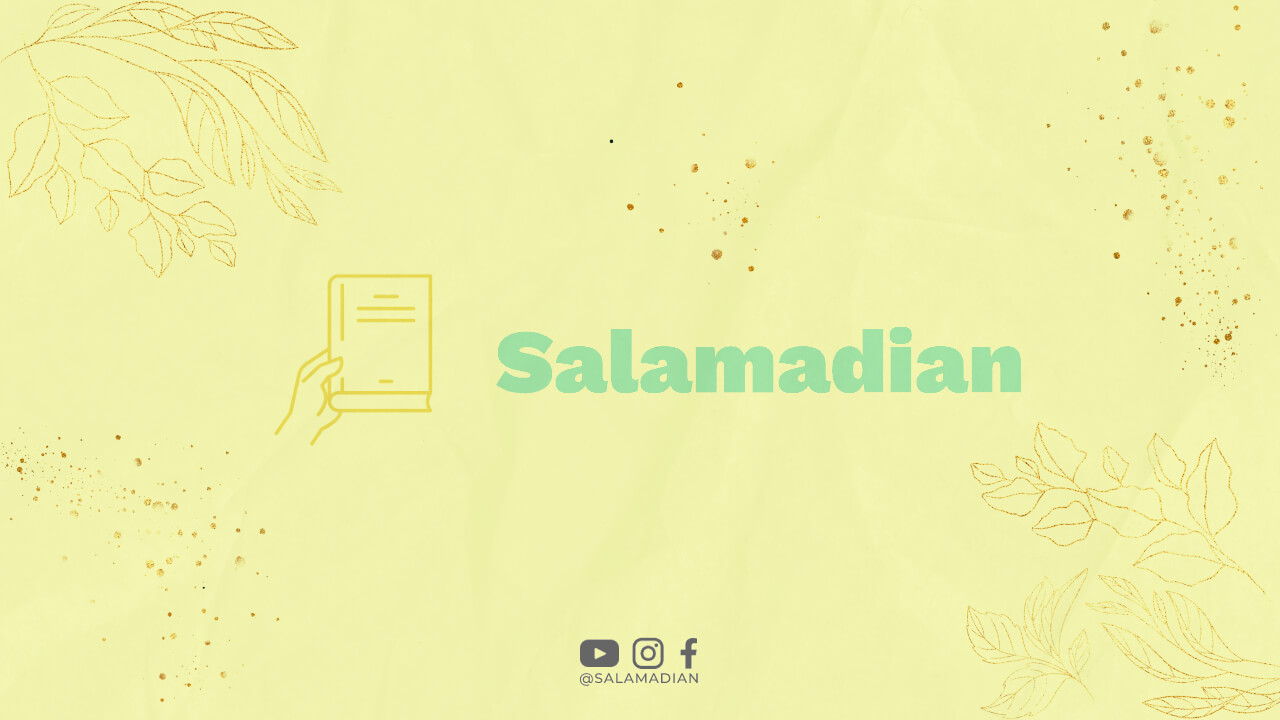When it comes to applying for a mortgage, there are many factors that come into play. One question that often comes up is whether or not mortgage lenders check marital status. The answer is yes, but it’s not as simple as a yes or no answer. Let’s dive into the details and explore the topic of marital status and mortgage lending.
Why Do Mortgage Lenders Check Marital Status?
Mortgage lenders check marital status for several reasons. Firstly, it helps them determine the financial stability of the applicant. Married couples are often seen as more financially stable as they have two sources of income and are less likely to default on their mortgage. Secondly, marital status affects the legal ownership of the property. If the borrower is married, their spouse may have legal rights to the property, which can complicate the loan process.
How Do Mortgage Lenders Check Marital Status?
When you apply for a mortgage, you will be asked to provide personal information, including your marital status. The lender may also ask for proof of your marital status, such as a marriage certificate or divorce decree. They may also check your credit report, which may show your marital status if it has been reported by creditors.
What Happens if You Lie About Your Marital Status?
Lying about your marital status on a mortgage application is considered fraud and can have serious consequences. If you are caught, your mortgage application may be denied, and you may face legal charges. It’s important to be honest about your marital status when applying for a mortgage.
How Does Marital Status Affect Your Mortgage Application?
Your marital status can affect your mortgage application in several ways. If you are married, your spouse’s income and credit history may be taken into account when determining your eligibility for a mortgage. If you are single, you may only be able to qualify for a smaller loan amount based on your individual income and credit history.
What Happens if You Get Married During the Mortgage Application Process?
If you get married during the mortgage application process, you will need to inform your lender and provide proof of your marriage. Your lender may need to reassess your loan application based on your new marital status and any changes to your financial situation. This can affect the amount of the loan you are eligible for and the terms of your mortgage.
Can You Apply for a Mortgage If You’re Not Married?
Yes, you can apply for a mortgage if you’re not married. Many people buy homes on their own, and lenders understand that not everyone is married. However, your eligibility for a mortgage will be based on your individual income and credit history, rather than joint income and credit history.
Conclusion
Mortgage lenders do check marital status, but it’s not the only factor they consider when determining your eligibility for a mortgage. It’s important to be honest about your marital status when applying for a mortgage and to understand how it can affect your loan application. Whether you’re married or single, you can still apply for a mortgage and achieve your dream of homeownership.

